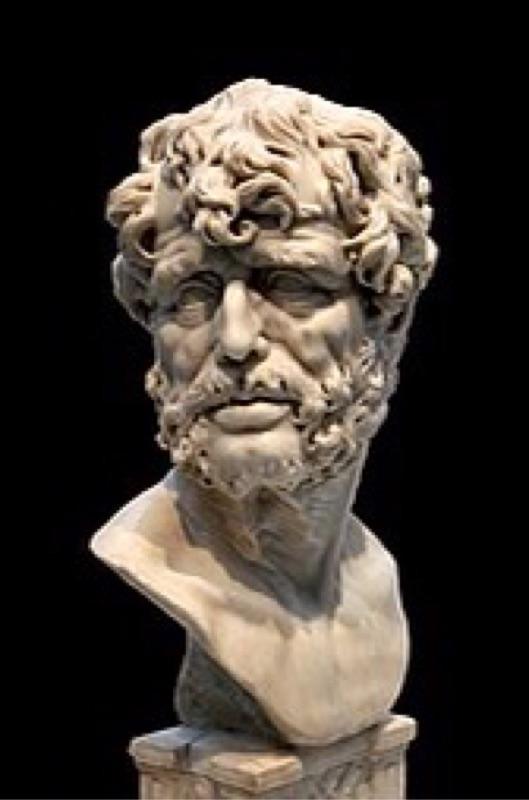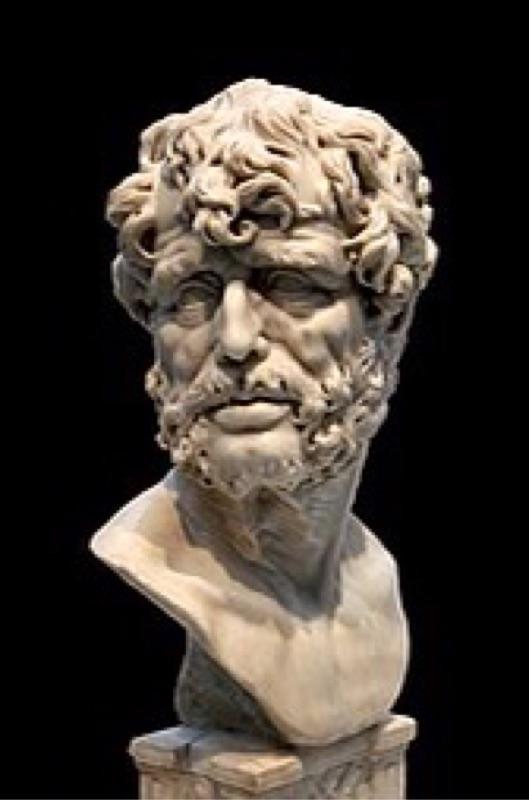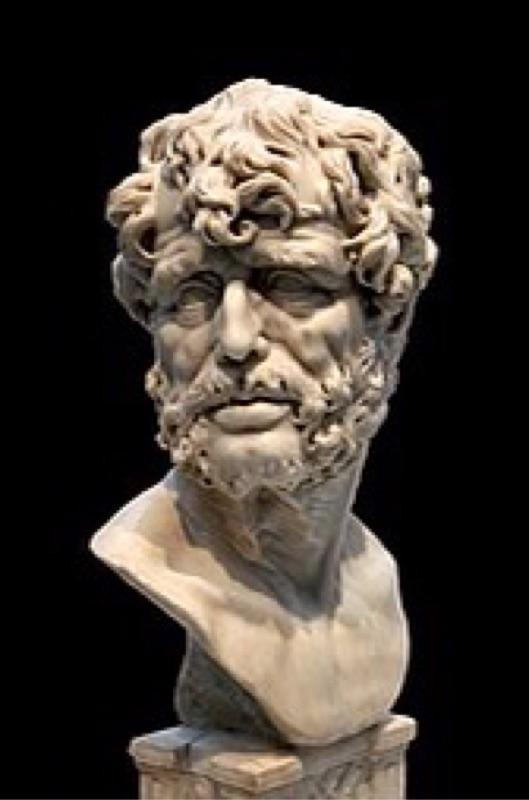Aristotle’s definition [of anger] differs little from mine: for he declares anger to be a desire to repay suffering. It would be a long task to examine the differences between his definition and mine: it may be urged against both of them that wild beasts become angry without being excited by injury, and without any idea of punishing others or requiting them with pain: for, even though they do these things, these are not what they aim at doing.
SENECA
88
725 reads
CURATED FROM
IDEAS CURATED BY
“No plague has cost the human race more dear.” - Seneca
“
The idea is part of this collection:
Learn more about books with this collection
How to build confidence
How to connect with people on a deeper level
How to create a positive first impression
Related collections
Similar ideas
Moreover, of what use is anger, when the same end can be arrived at by reason? Do you suppose that a hunter is angry with the beasts he kills? Yet he meets them when they attack him, and follows them when they flee from him, all of which is managed by reas...
SENECA
When [the poet] speaks of beasts being angry he means that they are excited, roused up: for indeed they know no more how to be angry than they know how to pardon. Dumb creatures have not human feelings, but have certain impulses which resemble them. […] Their impul...
SENECA
Read & Learn
20x Faster
without
deepstash
with
deepstash
with
deepstash
Personalized microlearning
—
100+ Learning Journeys
—
Access to 200,000+ ideas
—
Access to the mobile app
—
Unlimited idea saving
—
—
Unlimited history
—
—
Unlimited listening to ideas
—
—
Downloading & offline access
—
—
Supercharge your mind with one idea per day
Enter your email and spend 1 minute every day to learn something new.
I agree to receive email updates


